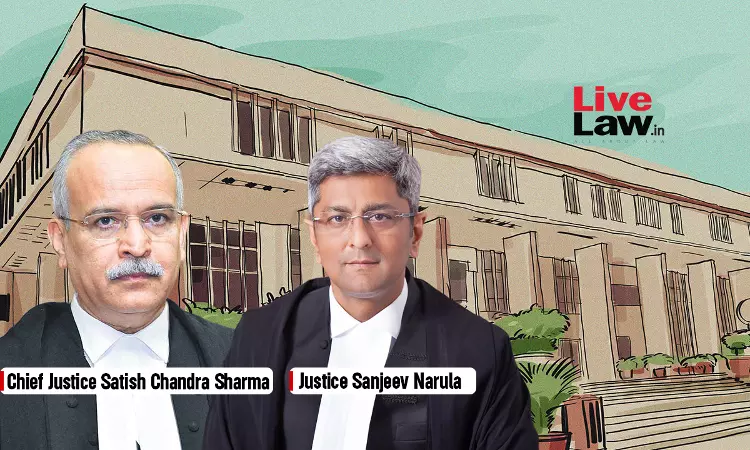Court-Monitored Probe Is A Significant Measure, Can’t Be Employed Routinely: Delhi High Court
Nupur Thapliyal
5 Oct 2023 6:31 PM IST

Next Story
5 Oct 2023 6:31 PM IST
The Delhi High Court has observed that a court-monitored investigation is a significant measure which is invoked in cases of “palpable sense of governmental neglect or oversight” and should not be employed routinely or without just cause. “We must preserve its weight for situations where the state appears either ignorant or non-cognizant of issues. Resorting to such an investigation...
